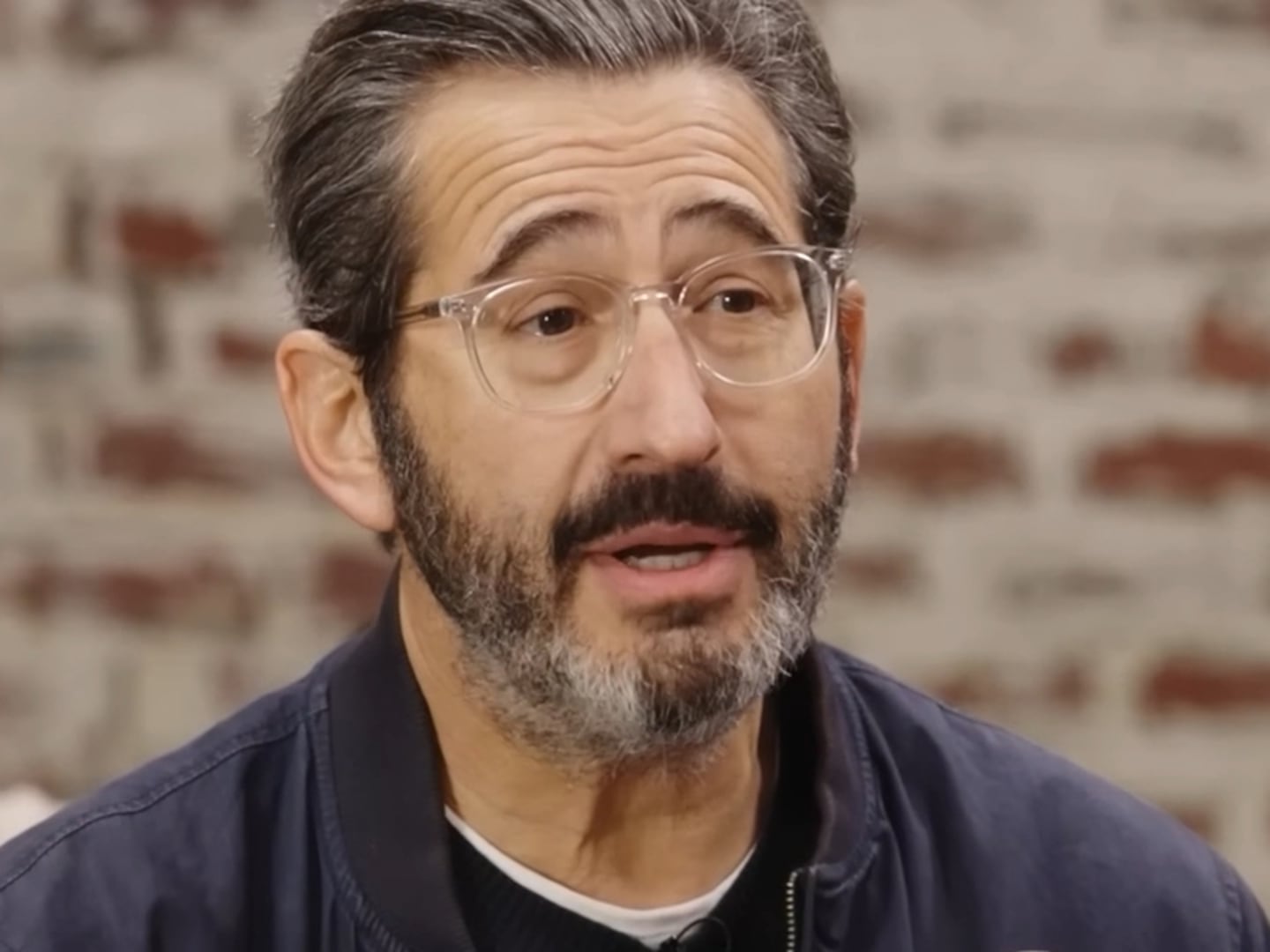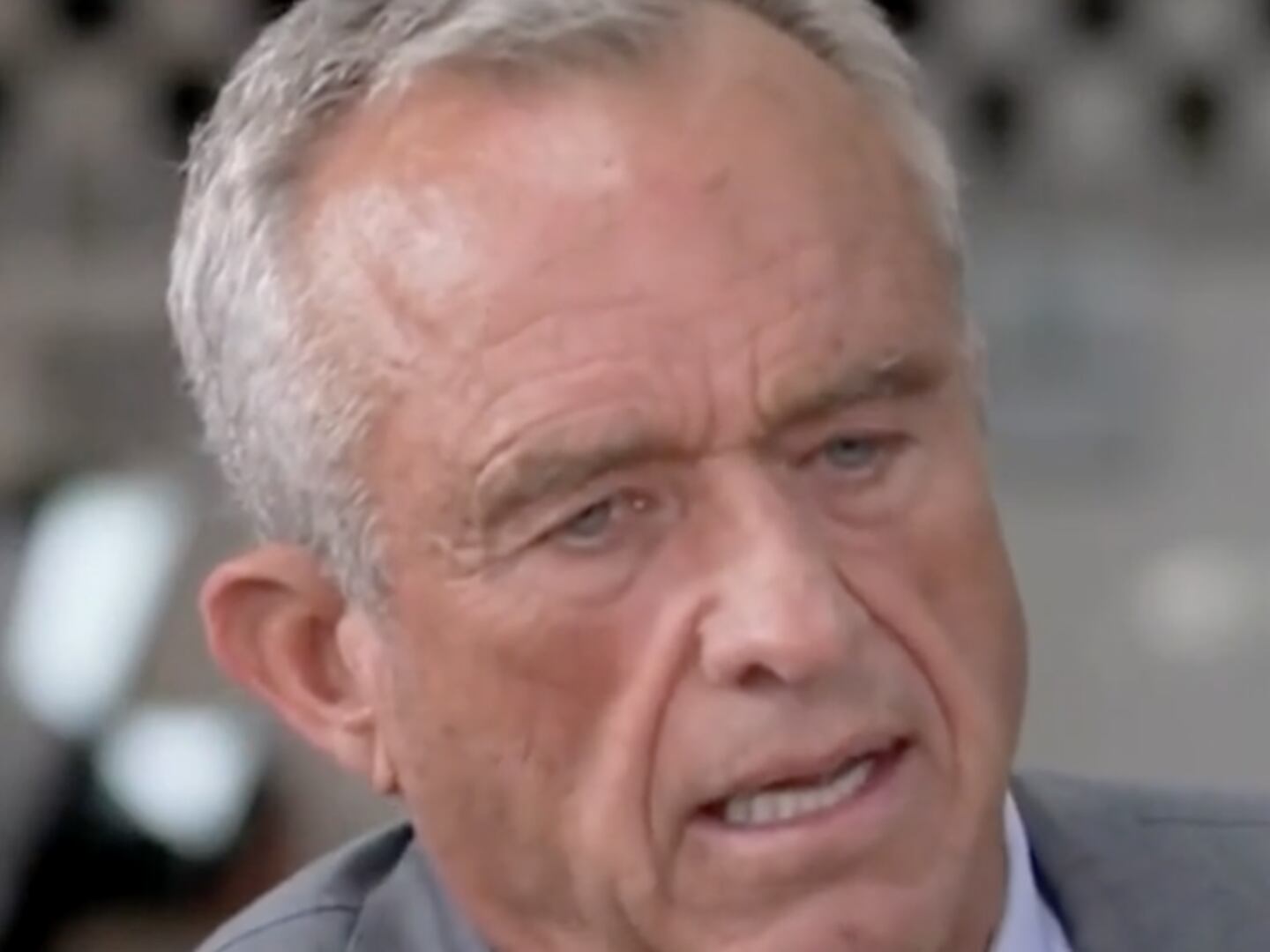Opinion
Kirsty Wigglesworth/Getty Images
Elon Musk Is Weaponizing the Government and Courts Against His Critics
NUISANCE LAWSUIT
The X boss’ bogus lawsuit against Media Matters is straight out of the Trump playbook. Now a couple of eager GOP attorneys general want to help him.
opinion

Trending Now




